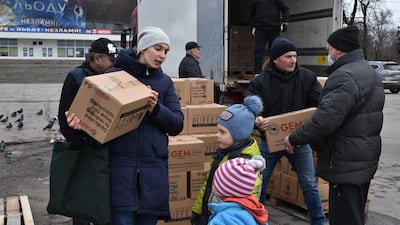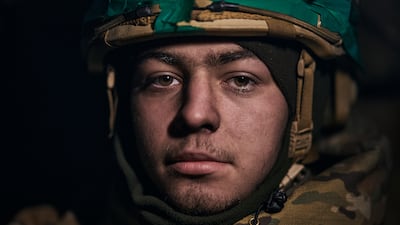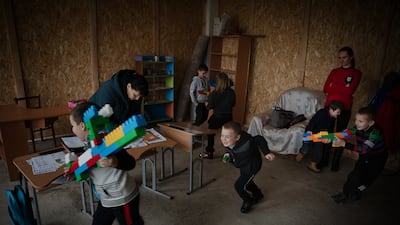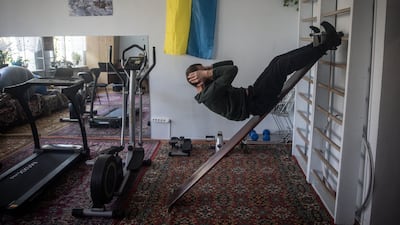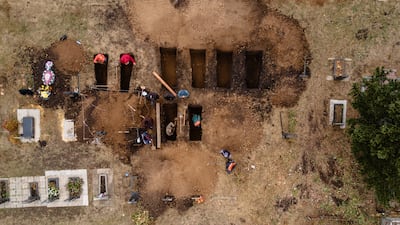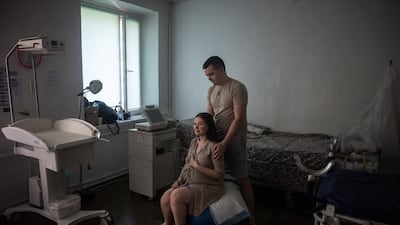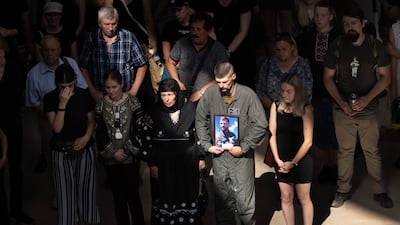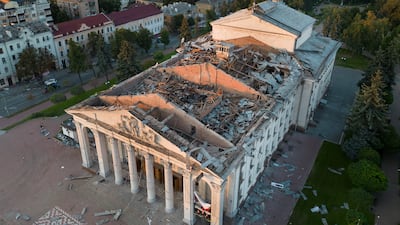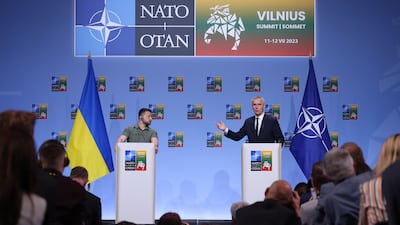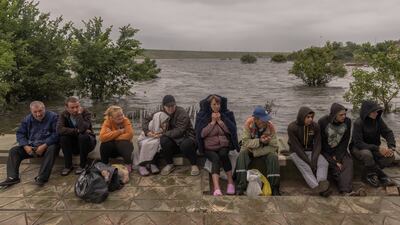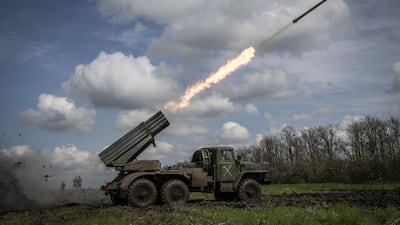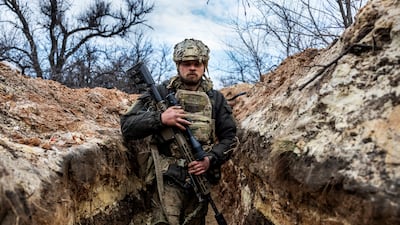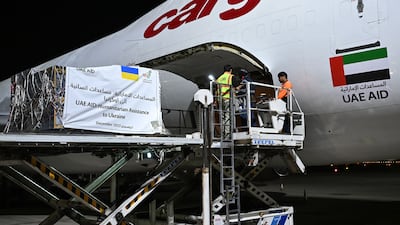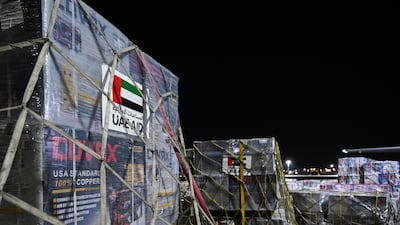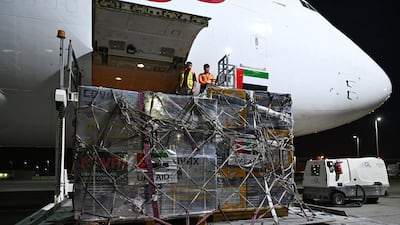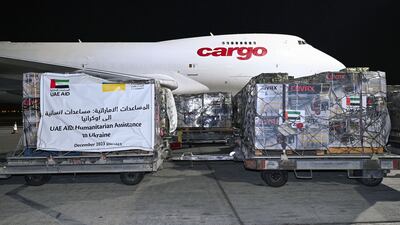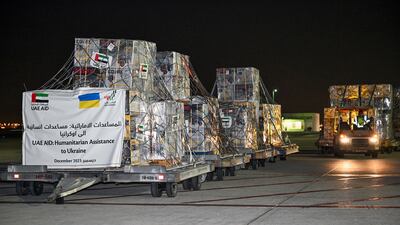Funds raised through the Disasters Emergency Committee have helped almost seven million Ukrainians since the war began, the group has said.
That averages out to every person in the UK donating £6.35 [$8.01] to the Ukraine Humanitarian Appeal, with an overall total of £426 million helping 6.9 million Ukrainians.
The “generous” donations make the committee, which is an umbrella group, the largest charity donor to the humanitarian response to the war, according to UN figures.
A total of £25 million was donated by the UK government through the aid match scheme.
Disasters Emergency Committee (DEC) charities have provided food, clean water, shelter, cash payments, healthcare, mental health support and winter and hygiene items, among other things.
In the first six months of the war, they provided 1.9 million people with access to clean water and almost 400,000 people with hot meals and food parcels.
The DEC has worked with a network of local organisations, helping them scale up their response, as well as delivering aid directly.
Two years of the Russia-Ukraine war – in pictures
Most of the aid (58 per cent) has been spent inside Ukraine, with the rest used to help refugees in neighbouring countries such as Poland, Hungary and Moldova.
During 2023, the DEC helped people stay safe and warm during winter power cuts, and supported those forced to flee when the Kakhovka dam was breached in June.
More recently, DEC charities have been focused on providing people in need with cash payments to allow them to buy essentials, and a large-scale project providing Ukrainians with cash to help with the cost of hosting people displaced from other parts of the country.
Providing basic essentials also “remains a priority”, the DEC said.
UAE sends plane carrying 1,640 household power generators to Ukraine – in pictures
“Last year I visited Ukraine to meet some of the people being helped with the money that has been so generously donated by the British public,” chief executive Saleh Saeed said.
“I met people like Polina [whose name has been changed to protect her identity], a mum-of-three from Kharkiv who had fled the fighting while pregnant.
“To see that she was safe, with a place to stay, food and other items the family needed, thanks to donations from across the UK, was really heartwarming.
“To know that she is just one among millions of people that our member charities have been able to reach through this appeal is just incredible.”
The International Rescue Committee’s (IRC) director in Ukraine, Scott Lea, said: “Thanks to funds from the DEC’s Ukraine appeal, the IRC have been able to rapidly provide timely cash distributions to sustain and empower families throughout the conflict – reaching almost 20,000 vulnerable households across Odesa, Mykolaiv, and Kherson by January 2024.
“Cash assistance affords people the dignity and choice to buy exactly what they need, when they need it – whether it be food, medicine, or other essentials.
“This vital support would not be possible without the generosity of the UK public, and the IRC and our fellow DEC agencies remain extremely grateful for their incredible compassion and solidarity with the people of Ukraine.”
